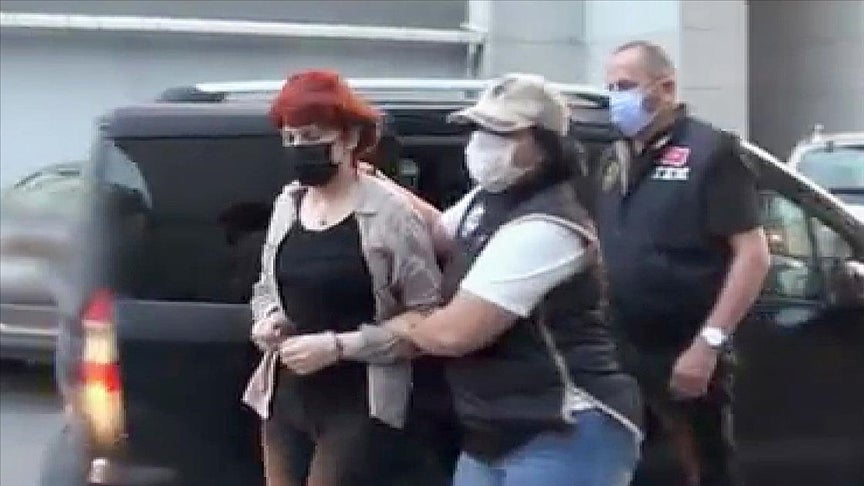ERBIL, Kurdistan Region - Turkish interior minister said on Friday that a lawmaker for the pro-Kurdish Peoples’ Democratic Party (HDP) has been arrested in Istanbul without specifying when. The politician has gone into hiding for months after her photographs with a Kurdish fighter went viral.
On January 10, Turkish media published photographs of Semra Guzel, 38, with a Kurdistan Workers’ Party (PKK) fighter. She has been accused of being a member of the group. The lawmaker confirmed the photographs, saying she and the fighter were college colleagues and later got engaged, adding that the pictures were taken during the short-lived peace process between the PKK and Turkey in 2013.
Guzel, who won a seat on the ticket of the HDP in the 2018 parliamentary elections in Diyarbakir (Amed) province, was heavily targeted by nationalist Turks and government officials, including President Recep Tayyip Erdogan. On March 1, the parliament lifted her immunity. On March 24, a Turkish court issued an arrest warrant for her for her alleged PKK membership.
Guzel was able to go into hiding, with some believing that she had left the country.
However, Turkish Interior Minister Suleyman Soylu said in a tweet late Friday that she was arrested during an operation which was carried out by the intelligence and police.
“Guzel was arrested during a successful operation by the MIT and Istanbul police on their way to Edirne with a fake passport along with an immigrant smuggler named A.G. and a person who made propaganda for the organisation,” Soylu said.
Turkish media have identified the PKK fighter as Volkan Bora, claiming that he was a senior fighter of the group and took part in attacks that led to the death of a Turkish soldier and a village guard in 2016. Bora was killed in Adiyaman province in 2017.
PKK is a Kurdish armed group struggling for the increased rights of Kurds in Turkey. Ankara considers it a terrorist organization.










Comments
Rudaw moderates all comments submitted on our website. We welcome comments which are relevant to the article and encourage further discussion about the issues that matter to you. We also welcome constructive criticism about Rudaw.
To be approved for publication, however, your comments must meet our community guidelines.
We will not tolerate the following: profanity, threats, personal attacks, vulgarity, abuse (such as sexism, racism, homophobia or xenophobia), or commercial or personal promotion.
Comments that do not meet our guidelines will be rejected. Comments are not edited – they are either approved or rejected.
Post a comment